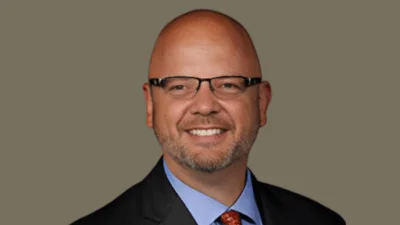If lllinois state employees end up going on strike, they could be risking more than their paychecks: They could lose their jobs, a public policy research group said recently.
The American Federation of State, County and Municipal Employees (AFSCME) voted in February to authorize its bargaining committee to call a strike if necessary, but any such move was put on hold in early March when an appeals court ruled against Gov. Bruce Rauner imposing contract terms on the union. If he had won his argument that the two sides were at an impasse, he could have imposed terms, which would have allowed AFSCME to strike.
Both sides must now wait for the appellate court to decide whether an impasse does in fact exist. Such a ruling could take months, experts say.
Analysts at the Illinois Policy Institute are urging the union to take caution before acting, stressing individual rights and circumstances over the possibility of a one-size-fits-all mass protest movement, and adding that “whether to strike is an intensely personal and important decision."
Encouraging employees to educate themselves beforehand, the institute advocated for a full understanding of the risks versus the potential benefits of a strike.
First and foremost, it argues, any worker who goes on strike must understand that the greatest risk involves the possibility of losing his job.
Estimating that union workers could average individual up-front losses of $8,000 a month, the group's analysts also reminded constituents that there are risks beyond the immediate short-term scenario of coping with expenses during the strike itself.
Specifically, workers must weigh the pros and cons of putting years of accrued benefits at risk — possibly losing everything they have worked for.
“It has long been reported that AFSCME doesn’t maintain a strike fund, which is a big disadvantage for employees who walk off the job,” the IPI said.
This means that few protections are in place for potential strikers. It also pointed out that Roberta Lynch, executive director of AFSCME Council 31, will continue to draw her paycheck while participating workers put their own on the line.
The IPI explained that, depending on the type of strike, workers might or might not be protected. Generally, they are guaranteed to keep their jobs in unfair labor practice strikes, but not necessarily in economic strikes.
Workers who engage in an economic strike — which analysts predict is the more likely category under the current circumstances — could be permanently replaced.




 Alerts Sign-up
Alerts Sign-up